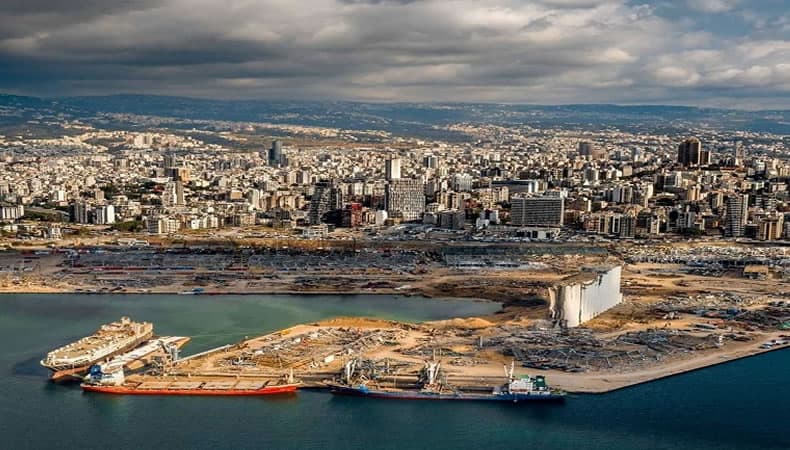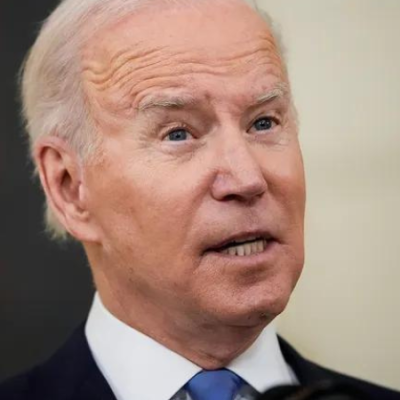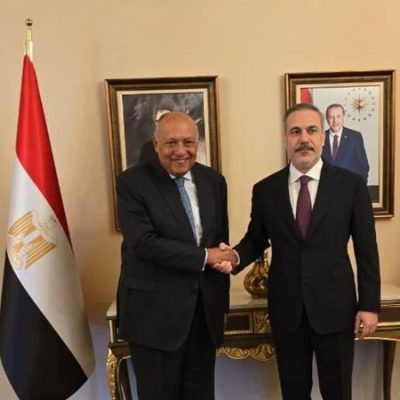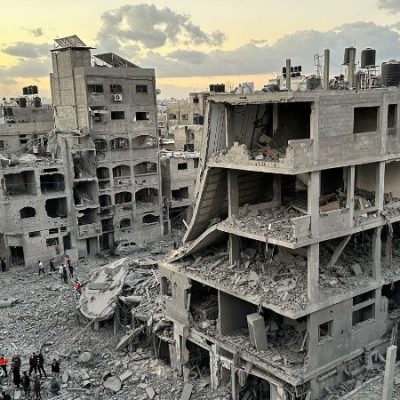Can France create change in Lebanon?

France has stepped up with aid and comfort after the deadly blast in Beirut but how much change can it really usher in?
Just two days after the blast that killed 200 people, injured thousands and left hundreds of thousands homeless, French President Emmanuel Macron was in Beirut to take stock of the situation and meet with various people. He was there, he said, “because it’s you, because it’s us”, indicating the deep relationship between France and its former colony. He visited the site of the blast, toured devastated neighbourhoods, comforted citizens, saying he understood their anger and promised change. Though how much of this he can deliver is up in the air.
Within a week, he put together a virtual donor conference in which more than 250 million euros were pledged for aid and reconstruction of the battered Lebanese capital. This can only be a temporary relief for a country that is battling with long-standing problems of institutional corruption and political mismanagement. There is deep anger for the political elite of the country, simmering since last October, over the worsening economic situation. The blast turned out to be the last straw with the whole government resigning.
Read more : International community comes together for Lebanon
But the question now, for the Lebanese people and those promising to help them rebuild the country, is what is next? Macron has called for a “government of unity” but this is the formula that has given Lebanon time and again the same political makeup that promotes communalisation and benefits the elite more than the people. Previous uprisings like the one in 2005, following the assassination of Prime Minister Rafik Hariri, did little to stem the corruption. Things continued as before.
In order to not to have a repeat of this, there has to concentrated effort and tireless support from the outside that will help the Lebanese people dismantle the political structures that have been working against them for years. While France has been speaking out against the current political leaders, whether it has the time and energy to spare in helping Lebanese get things in order is debatable.
With the Palestine issue no longer a burning topic in the Middle East, Lebanon is not a strategic as it used to be. France, while it has cultural ties to the country, is not a major economic partner. Back home, Macron’s political opponents are accusing him of exhibiting neo-colonialist paternalism in the matter of Lebanon at a time when he is dealing with the various domestic challenges that have arisen from coronavirus pandemic. And he has precious little time to devote to Lebanon before he has to get his own numbers up at home before the presidential election in 2022. So despite his best intentions, Lebanon might have to figure this out on its own.




